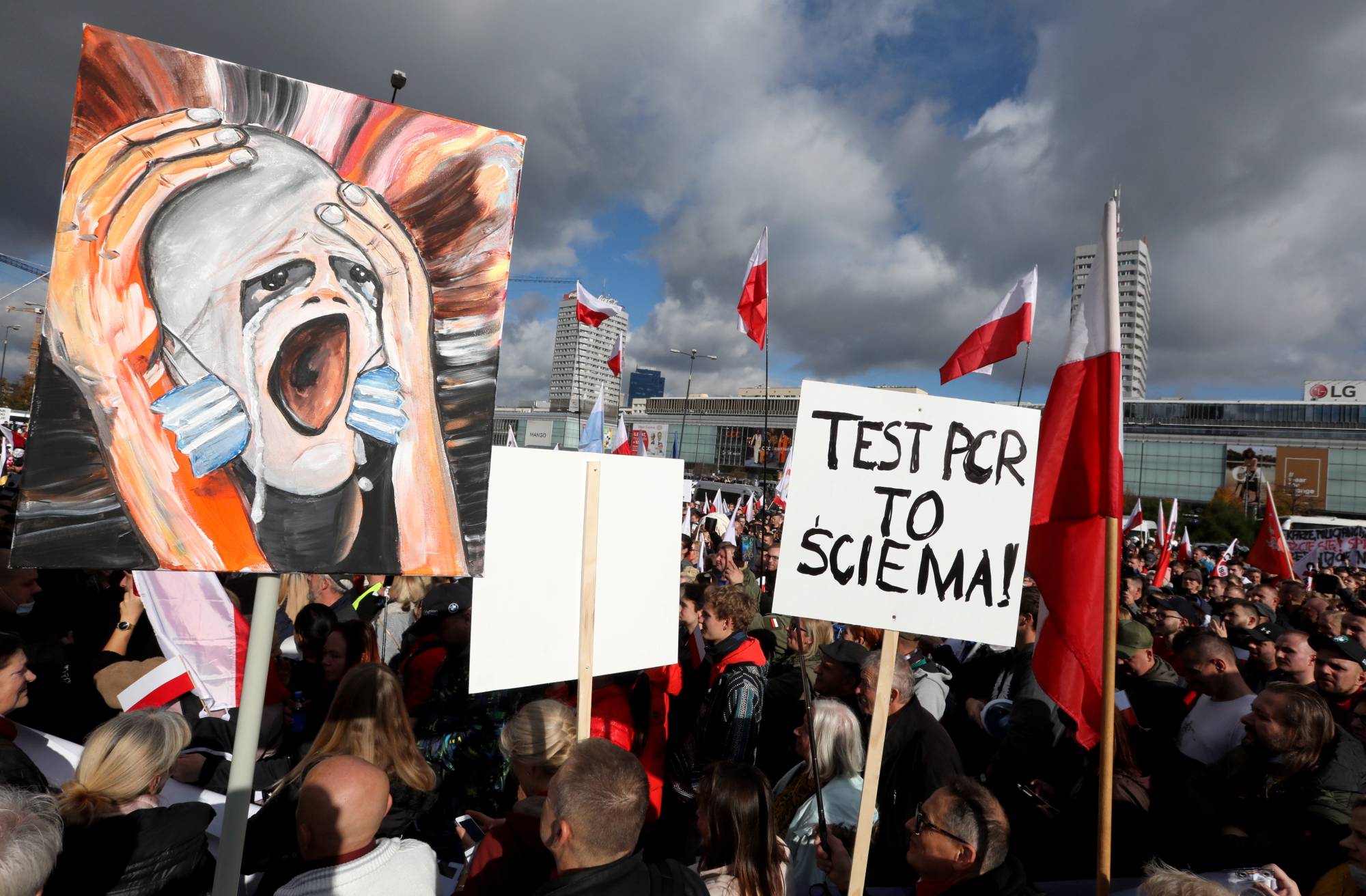COVID-19 is once again on the rise in Europe. In Germany, the economic outlook is increasingly unclear, as demonstrated by the 10 percent plunge in Lufthansa’s stock over the course of a single day. Some areas have reverted to full lockdown to suppress the spread of the virus. The death rate for Europe as a whole, however, is not as high as it was in the spring.
There are still far too many things we don't know about this virus. What we do know is that the virus targets and widens economic disparities, creates political and societal divisions, strains relations between countries, and creates fissures in the international system. Although it is truly frightening how the virus cuts into the weakest aspects of human society, its offensive is not systematic—mutations lead to variations. The virus does not have a will of its own. It has no plan. In most countries, people have grown tired of the fight against the virus—a certain “war weariness” has set in. When I spoke with a young Indonesian entrepreneur over Zoom, he said it would be difficult for Indonesia to adopt additional measures to prevent the spread of the virus.
“Only rich, developed countries can [afford to] lockdown. Only the most fortunate people can stay home when they are told to. In short, a lockdown creates disparities. Teleworking is the same. Large companies are the only ones that can do this—it’s not possible for small- or medium-sized companies. So this ends up creating disparities as well.

















With your current subscription plan you can comment on stories. However, before writing your first comment, please create a display name in the Profile section of your subscriber account page.